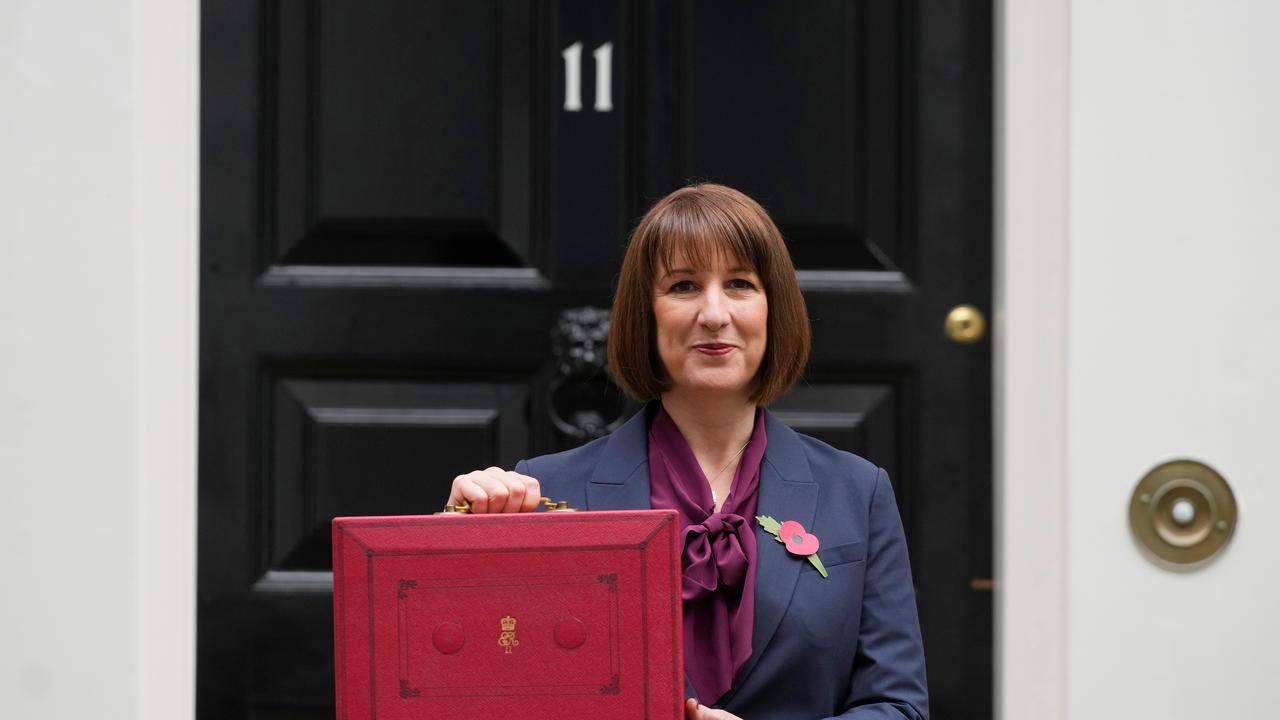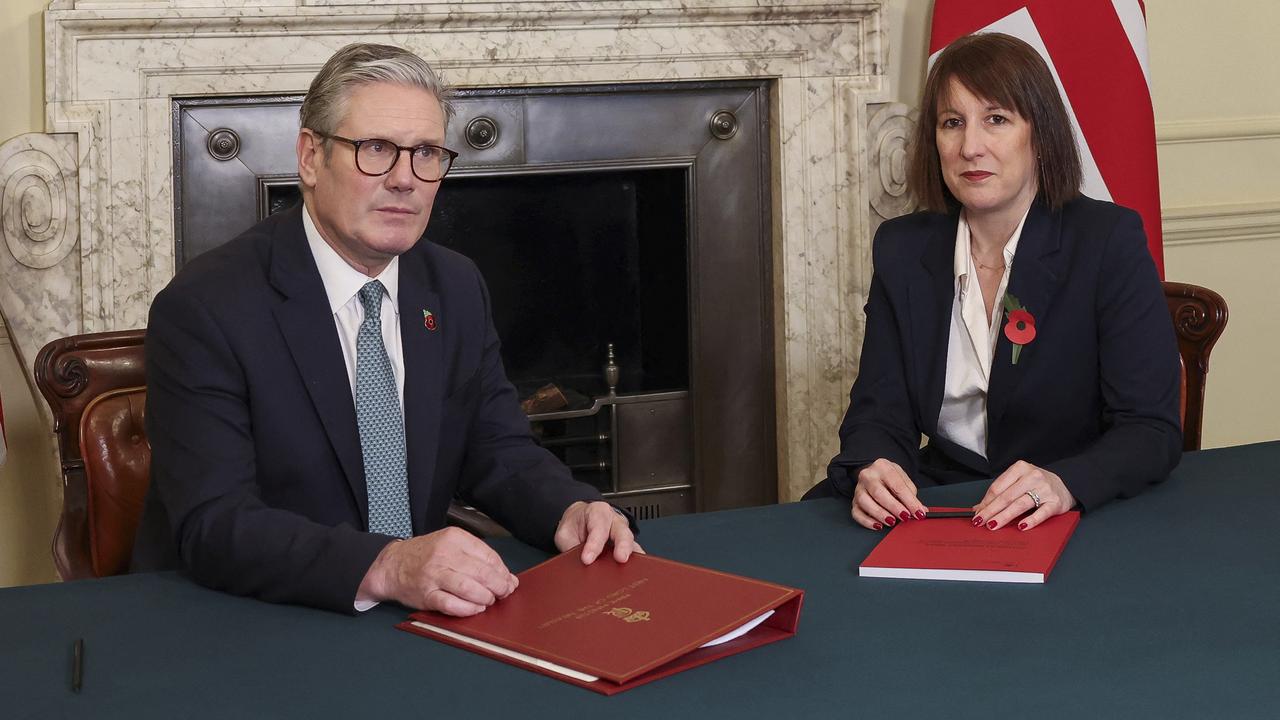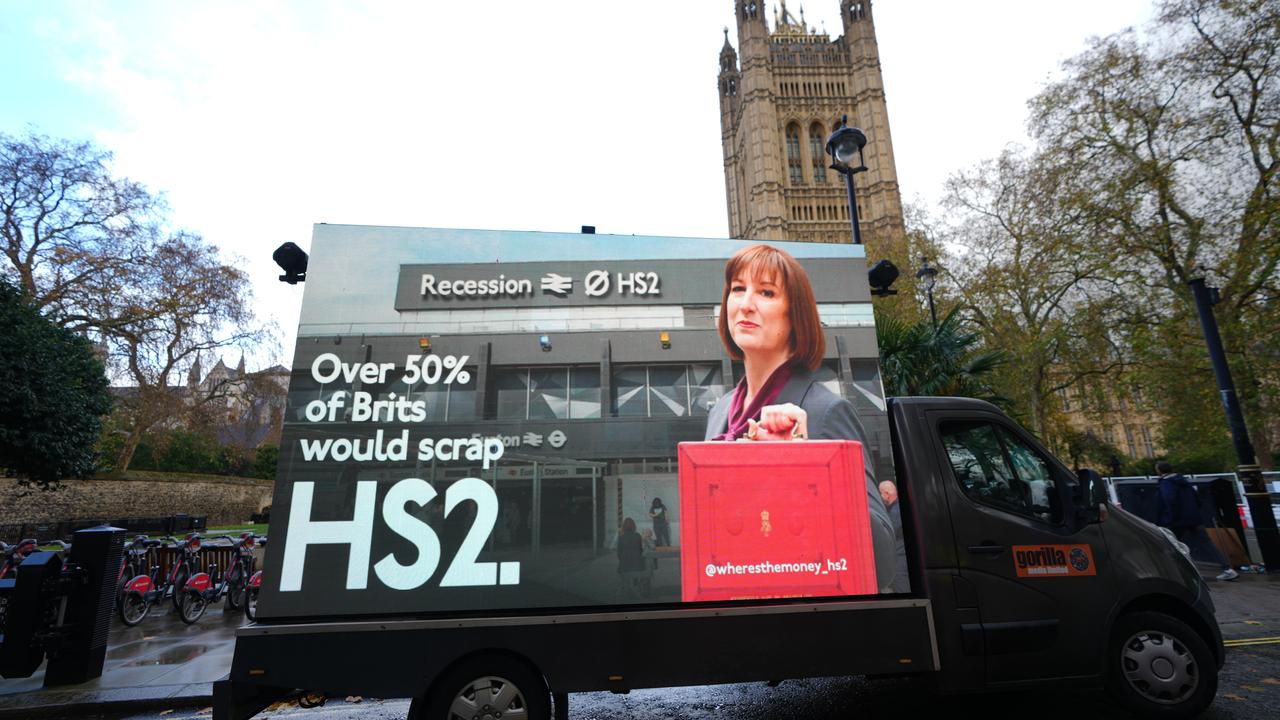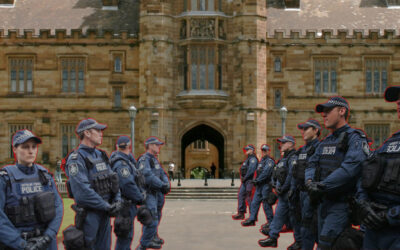British finance minister Rachel Reeves is likely to announce tens of billions of pounds of new tax increases in a budget that puts her credibility on the line with financial markets and MPs demanding more welfare spending.
Little more than a year after ordering Stg40 billion ($A81 billion) of tax hikes – the biggest since the 1990s and which she promised would be a one-off – Reeves has been forced to look at further revenue-raising measures due to an expected downgrade of Britain’s economic prospects and higher debt costs.
Reeves said she was taking “fair and necessary choices” to improve the country and speed up economic growth but she recognised the unhappiness among voters.
“I know that people feel frustrated at the pace of change or angry at the unfairness in our economy,” she said.

“I have to be honest that the damage done from austerity, a chaotic Brexit and the pandemic were worse than we thought.”
Reeves said she would help families with the cost of living, cut hospital waiting lists and reduce debt.
“I will not return Britain back to austerity, nor will I lose control of public spending with reckless borrowing,” she said.
Economists expect between Stg20 billion to Stg30 billion of tax hikes when she addresses parliament on Wednesday.
But that might not be enough to put the public finances on an even keel, given Britain’s slow economic growth and mounting demands for public spending, ranging from rising defence costs to the toll of an ageing population.
An inconclusive budget might fuel speculation about the future of Prime Minister Keir Starmer, who is floundering in opinion polls despite the centre-left Labour Party’s big election victory in 2024.

Reeves said in her first budget in 2024 that she was returning stability to the public finances after the shocks delivered by Brexit, the coronavirus pandemic and the “mini-budget” crisis of former Conservative prime minister Liz Truss.
But those plans are likely to be holed by a downgrade of Britain’s economic outlook from the government’s fiscal forecasters, who have been overly optimistic for years about productivity growth.
She is expected to drag more workers into the income tax net and make more of them pay higher rates by extending a freeze on threshold levels, something she had said she would not do because of the hit it would deliver to households.
Owners of expensive homes and gamblers are likely to pay more in tax, drivers of electric cars reportedly face a new mileage charge and the generosity of pension incentives looks set to be scaled back, among other measures.
Investors say Reeves must come up with a convincing set of tax increases that boost revenues sooner rather than later.
Adding to the headache for Reeves are calls from Labour MPs for an end to a two-child cap on welfare benefits paid to families, which could add about Stg3 billion a year to government spending.
Australian Associated Press is the beating heart of Australian news. AAP is Australia’s only independent national newswire and has been delivering accurate, reliable and fast news content to the media industry, government and corporate sector for 85 years. We keep Australia informed.





